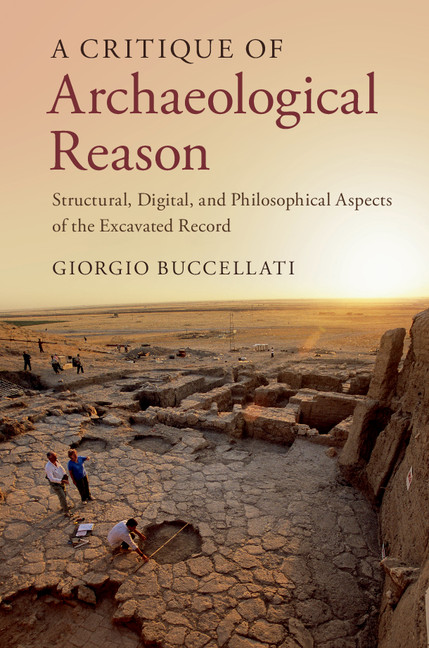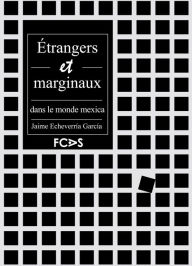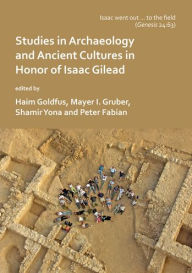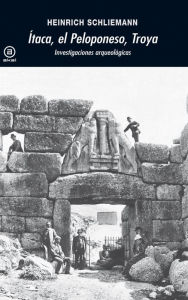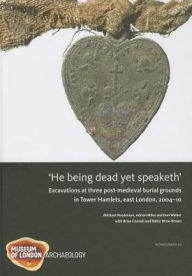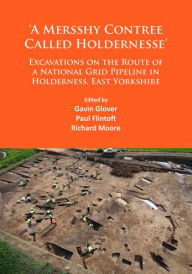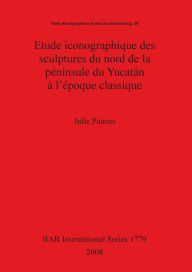
- Browse Category
Subjects
 We Begin at the EndLearn More
We Begin at the EndLearn More - Choice Picks
- Top 100 Free Books
- Blog
- Recently Added
- Submit your eBook
password reset instructions

Through an analysis of recently discovered Ptolemaic pottery from Mut al-Kharab, as well as a reexamination of pottery collected by the Dakhleh Oasis Project during the survey of the oasis from 1978–1987, this book challenges the common perception that Dakhleh Oasis experienced a sudden increase in agricultural exploitation and a dramatic rise in population during the Roman Period. It argues that such changes had already begun to take place during the Ptolemaic Period, likely as the result of a deliberate strategy directed toward this region by the Ptolemies.
This book focuses on the ceramic remains in order to determine the extent of Ptolemaic settlement in the oases and to offer new insights into the nature of this settlement. It presents a corpus of Ptolemaic pottery and a catalogue of Ptolemaic sites from Dakhleh Oasis. It also presents a survey of Ptolemaic evidence from the oases of Kharga, Farafra, Bahariya and Siwa. It thus represents the first major synthesis of Ptolemaic Period activity in the Egyptian Western Desert.
- Publication date
- Language
- ISBN
- January 13, 2017
- English
- b1b1a747-5347-4121-8b65-257205f4e6fa







